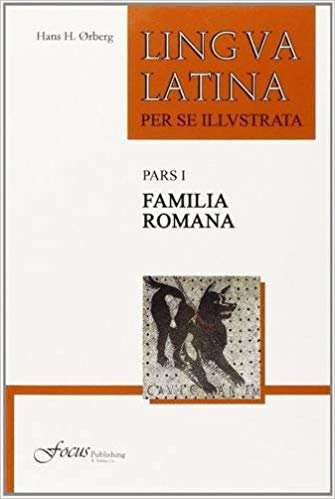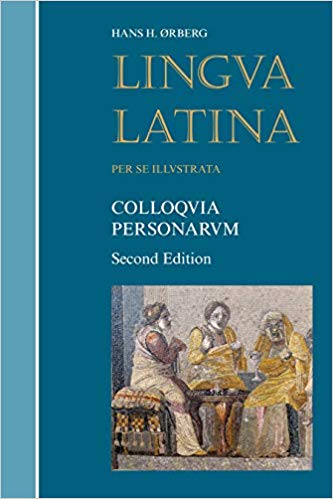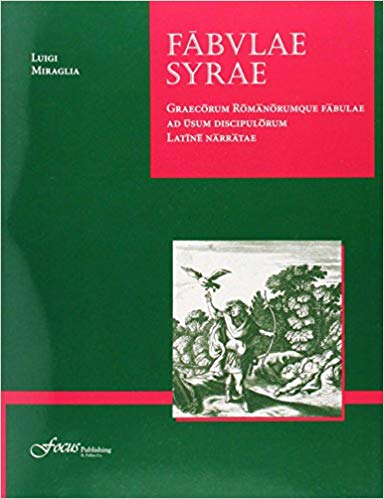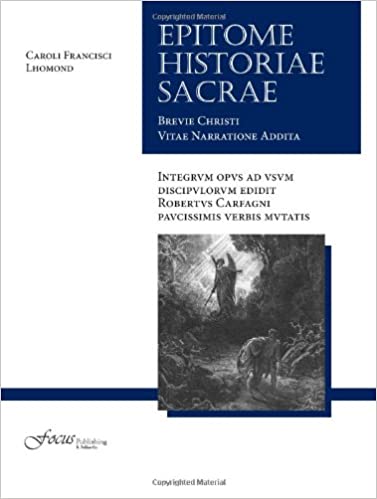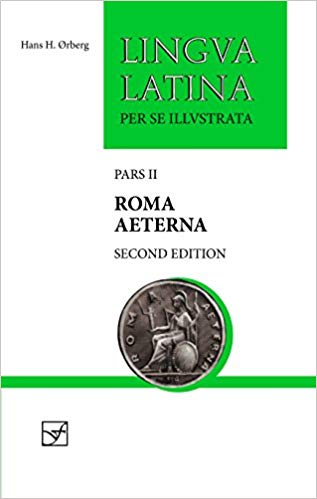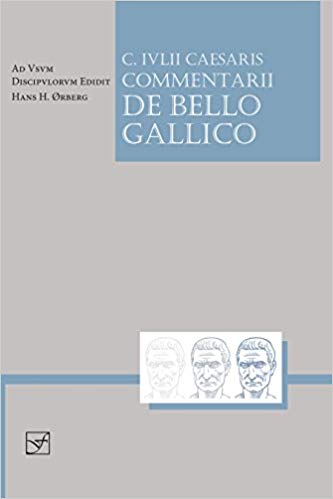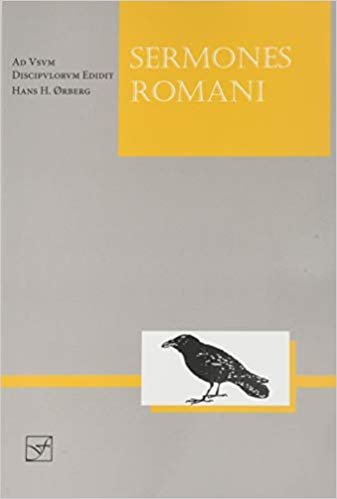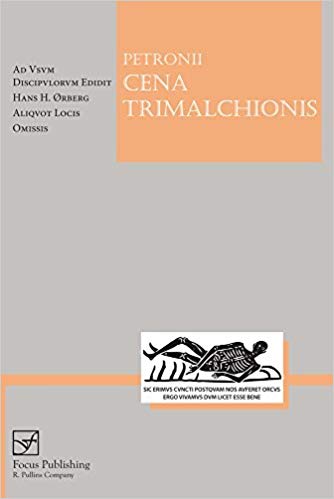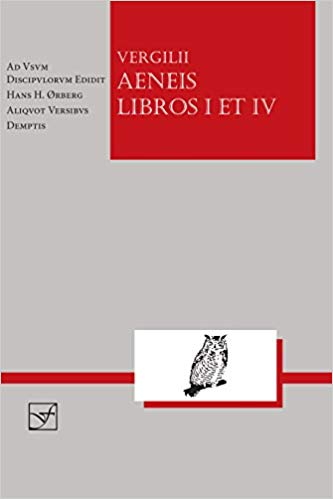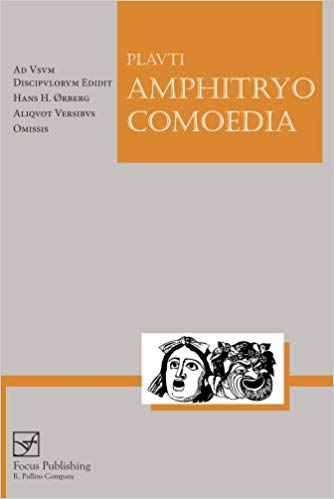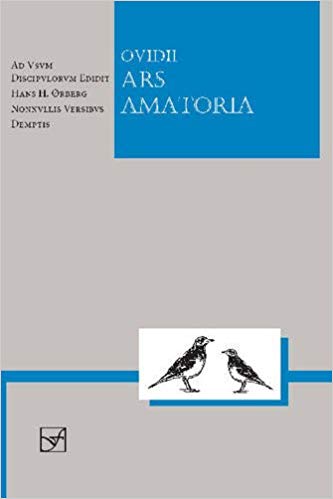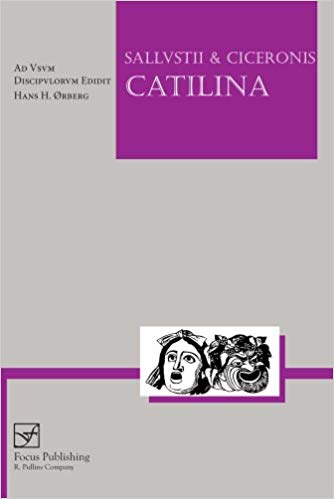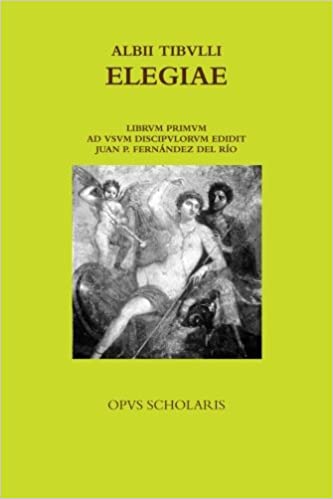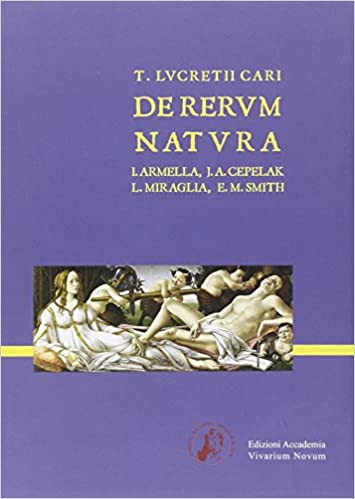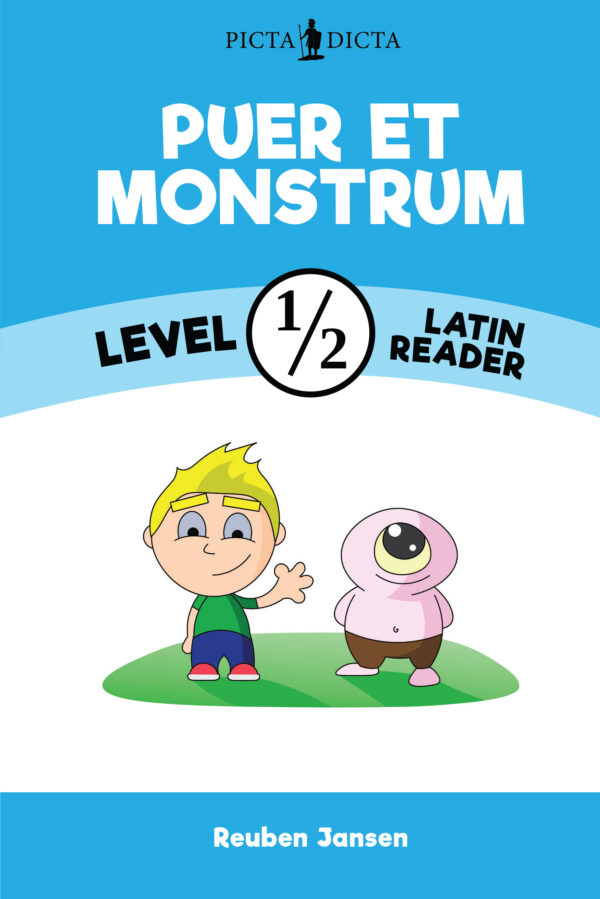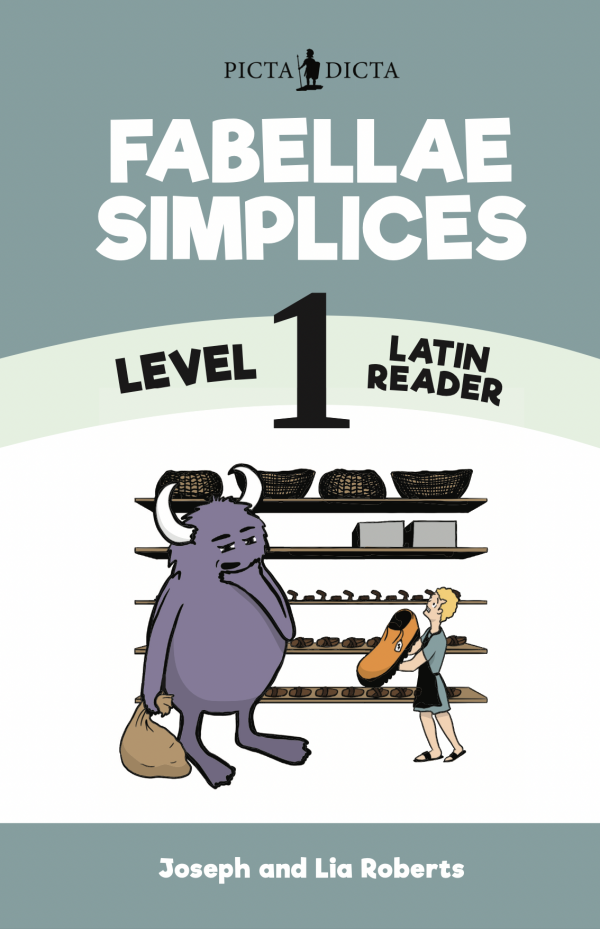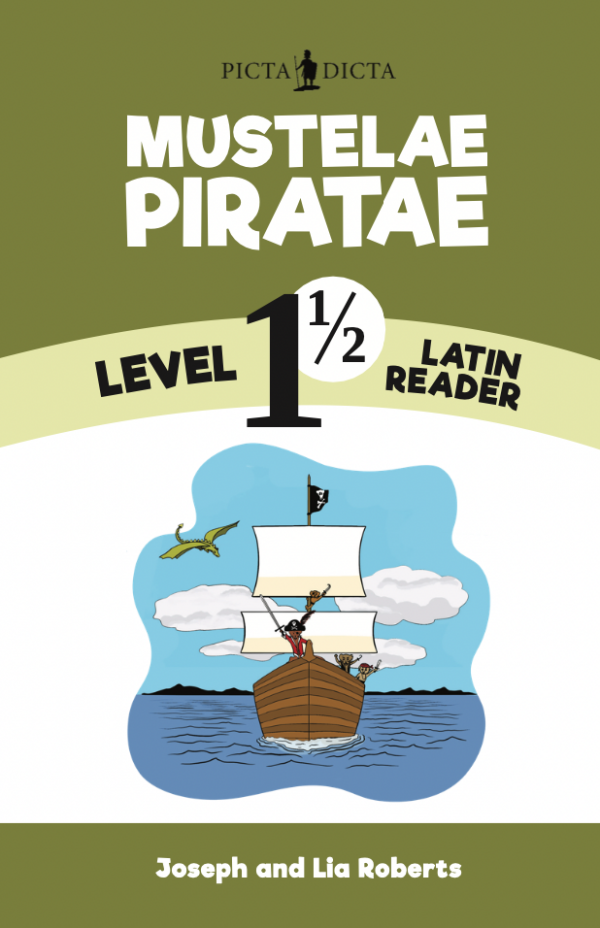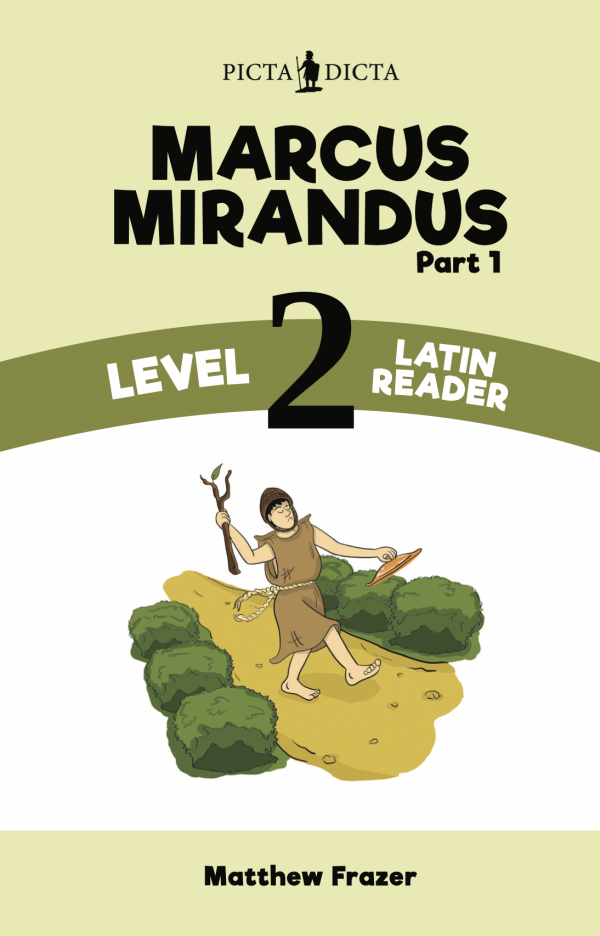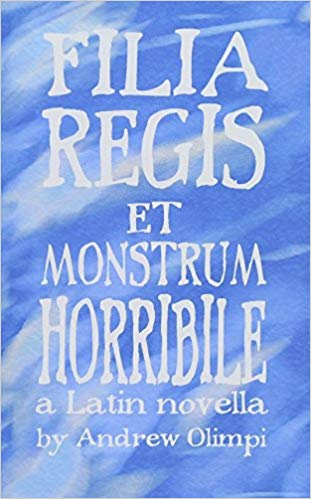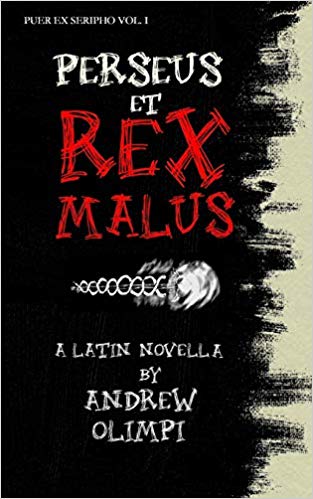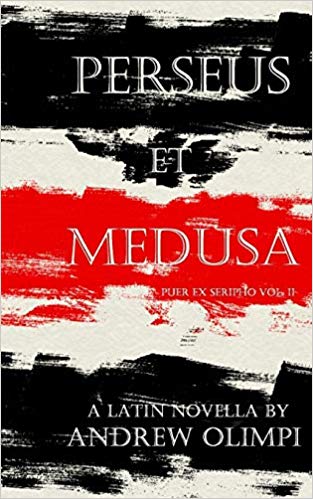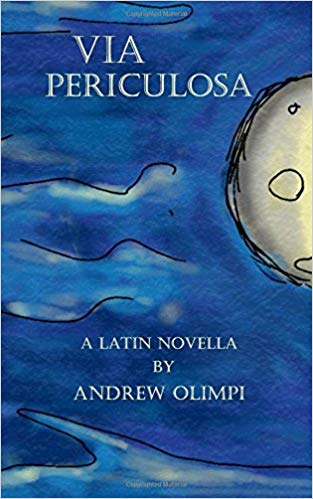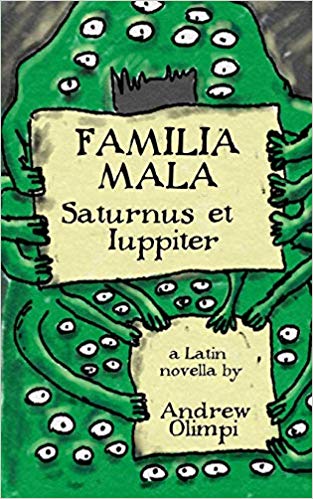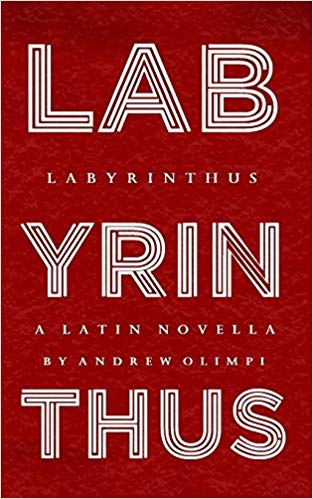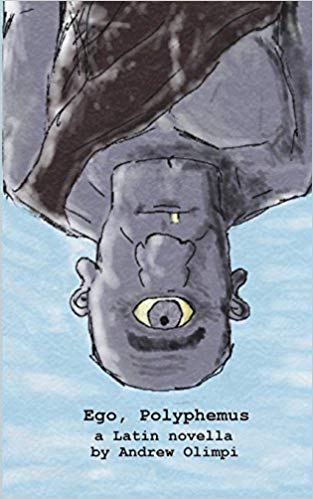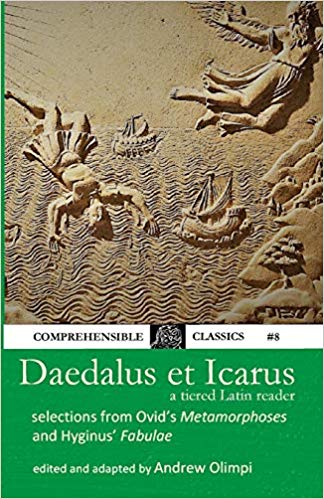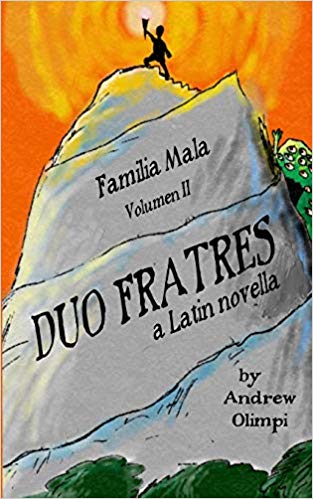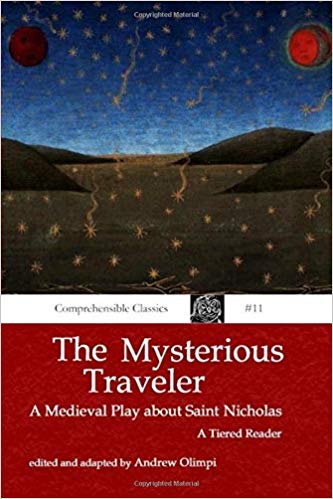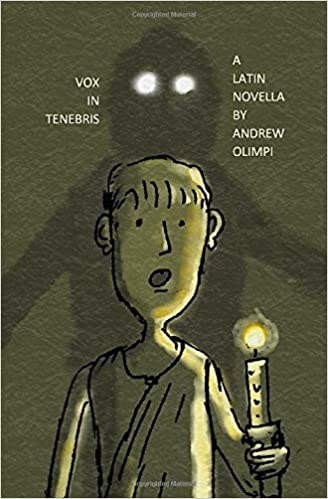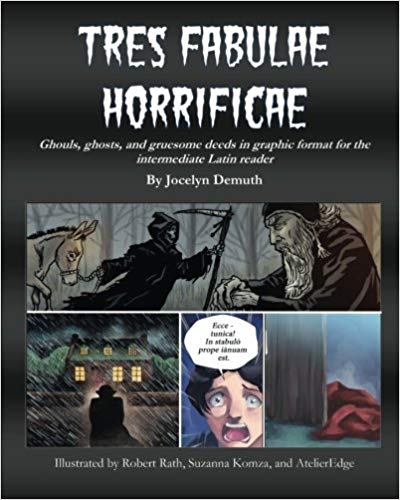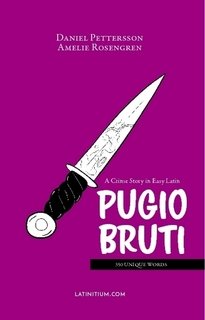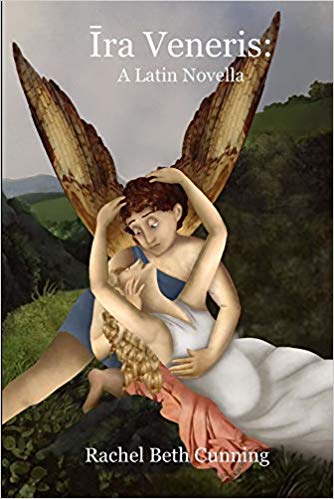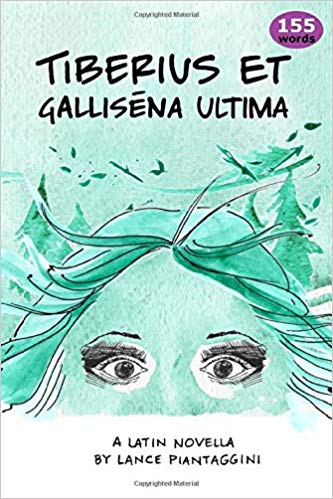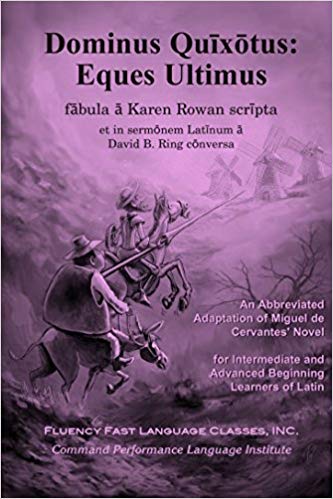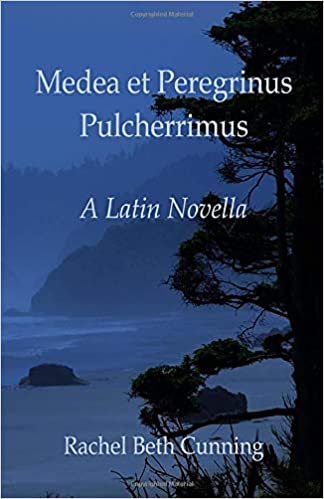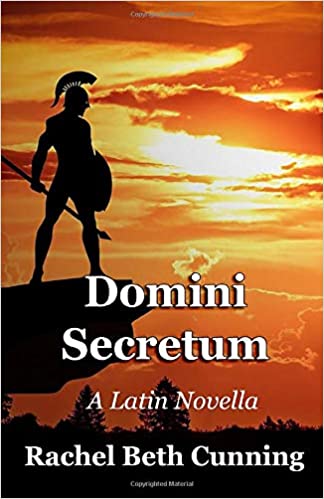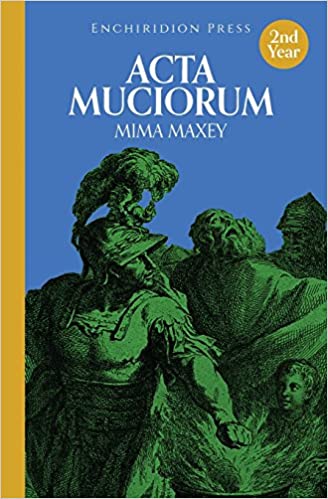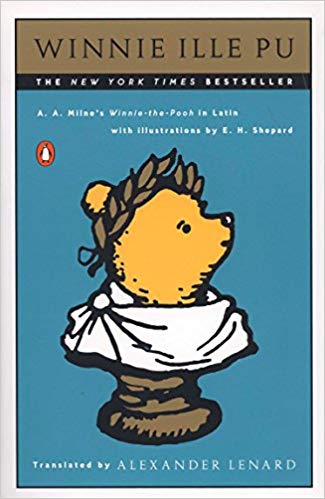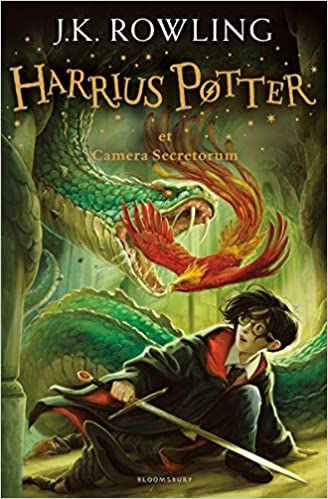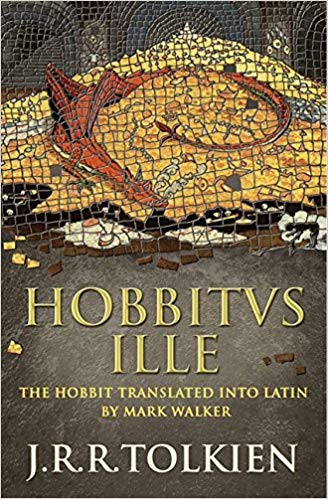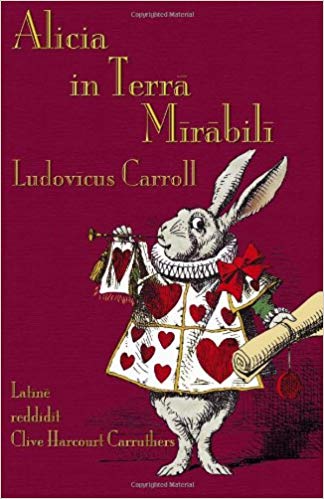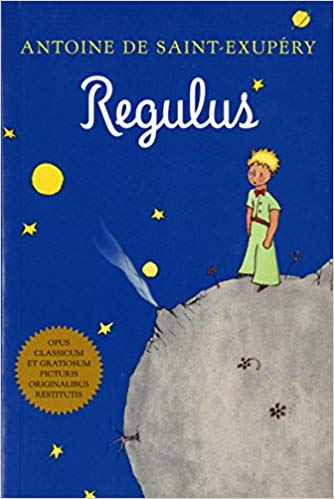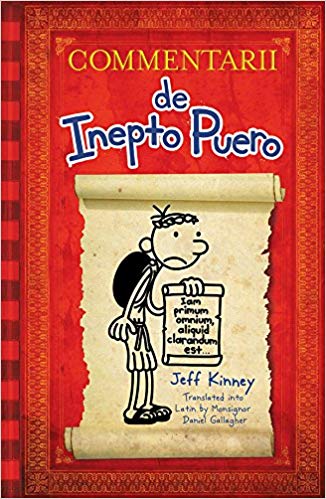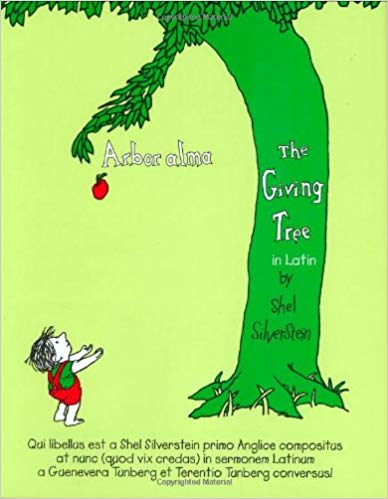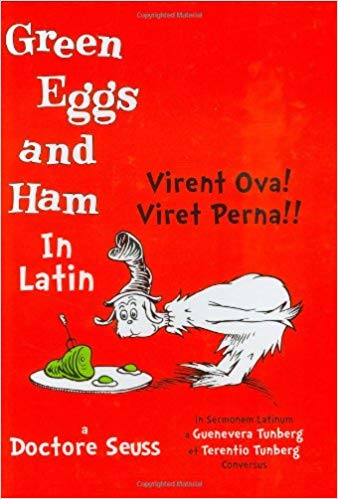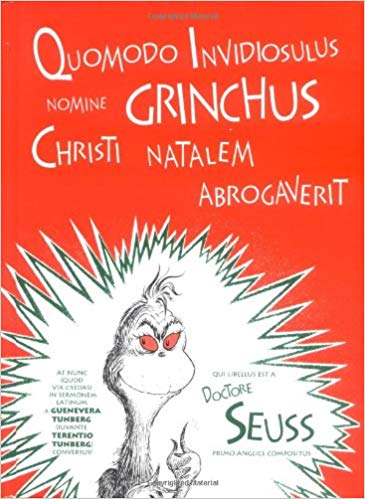LATIN BOOKSHOP
Looking for some Latin books to read? You’ve come to the right place!
Reading is among the best ways to learn Latin, so we’ve gathered up a collection of our favorite books in Latin.
Check back soon, as we’ll keep adding new titles as they are published. We’ll also add some books in English about Latin-related subjects, as well as English translations of Latin classics. Enjoy!
Books in Latin
Lingua Latina
Follow the daily life of an ancient Roman family in this illustrated novel. The Lingua Latina series does away with translation in favor of teaching students to think in Latin. This is the first title in the series, ideal for beginners.
This short book is a supplement to the Familia Romana title, with more stories about your favorite fictional Roman family. Get more exposure to graded Latin (i.e. Latin readings that start easy and slowly grow in difficulty).
Read fifty of the classic myths of the Greco-Roman world in easy-to-read, graded Latin. Fabulae Syrae can serve as a stand-alone book or be read in tandem with Familia Romana. Not only an excellent text for learning Latin, but a great Greco-Roman mythology primer.
Finished Lingua Latina: Familia Romana? Then pick up Epitome Historiae Sacrae. It’s a collection of 209 readings from the Bible, covering the major stories as well as the life of Jesus, not to mention engaging exercises, illustrations, as well as maps, glossary, and other resources.
Are you ready to start reading the great texts of Classical Latin? This Lingua Latina title presents Virgil and Livy in adapted form, and then offers a bevy of undapated texts from Ovid, Sallust, Horace, and others.
A supplemental reader, to be paired with the Oerberg Lingua Latina series. This volume contains an abridged, annotated version of Caesar’s narrative account of his campaign against the Gauls.
Another Oerberg-style Latin reader, to be used immediately after reading through the Familia Romana title. Contains short readings, adapted for difficulty, by Cicero, Tacitus, Martial, and others.
Like Sermones Romani, Cena Trimalchionis is a natural method reader perfect for students who’ve completed Familia Romana. This is an abridged adaptation of the Satryricon of Petronius.
This is why you study Latin! To read Virgil’s Aeneid! And with these lightly altered selections from Books 1 & 4, you don’t have to wait until you’re a complete expert to read about Aeneas, Rome’s legendary founder.
Yet another Oerberg, natural method reader, this time of the tragicomedy “Amphitryon,” from the early Roman playwright Plautus.
We can’t confirm that this is what got Ovid banished… but it may have been. Behold, “The Art of Love”! Best for students who have already worked through chapter five of Roma Aeterna.
Once you’ve read Familia Romana, take a look at these selections from Sallust’s Catilina and Cicero’s Catilinarian Speeches I and III.
After reading up to chapter 45 of Roma Aeterna you are ready to read this primary text: Tibulus’ poetic lamentations over Delia. Get a taste of Roman poetry dealing with love and loss.
You have completed Roma Aeterna. Interested in philosophy and poetry? In De Rerum Natura, Lucretius articulates Epicurean philosophy in dactylic hexameter. Lucretius discusses atomism, the nature of the soul, and more!
Picta Dicta Novellas and Readers
Puer et Monstrum (The Boy and the Monster) is a Latin reader designed for beginning Latin students. It is particularly well-suited to students who’ve completed Lesson 15 of Picta Dicta Latin Primer Vol. I.
Fabellae Simplices (Simple Stories) by Joseph and Lia Roberts is a basic Latin reader with twelve stories—specifically designed for beginning Latin students that have just completed Picta Dicta Latin Primer (vol. 1).
Mustelae Piratae (The Weasel Pirates) is a 14-chapter novel about a weasel who decides to try his hand at piracy. This reader is perfect for beginning Latin students who have finished Lesson 45 in Picta Dicta Latin Primer Vol. II.
Marcus Mirandus (Marcus the Odd) is a short novel set in the 19th century about a boy named Marcus who has delusions of grandeur. This book is ideal for students who have completed Picta Dicta Latin Primer Vol. II.
Andrew Olimpi's Comprehensible Classics
Andrew Olimpi retells classics of the Greco-Roman canon in easy and fun Latin. This retelling of the Cupid and Psyche myth is perfect for the Beginner/Intermediate level.
Volume one of two in Olimpi’s retelling of the life of the Greek hero Perseus, this novella is full of action. It exposes students to 300 unique words and is perfect for Intermediate level students.
This is volume two of what is one of Olimpi’s best works: his rendition of the life of Perseus. This book adapts the myth of Perseus and Medusa, in the form of a YA fantasy novel.
An adaptation of the classical author Petronius’ work, this is a “supernatural thriller.” Via Periculosa has 130 unique words and is aimed at the Beginner/Intermediate level student.
Get introduced to Latin while you get introduced to the first dysfunctional family: the Olympian gods! 120 unique words, perfect for beginners.
Olimpi draws from Ovid and Catullus in this retelling of the story of Princess Ariadne, King Minos, and the Minotaur of Crete. For the Beginner/Intermediate.
Once you’ve met him, it’s hard to forget the ill-fated cyclops, Polyphemus, from Homer’s Odyssey. This novella boasts 155 unique words and is suitable for all Latin beginners.
A bit different than the other Olimpi titles, this is a “tiered” or graded set of readings from authentic classical texts. Starts with adaptations and moves into unadapted texts.
Return to the first dysfunctional family you met in Familia Mala: Saturnus et Iuppiter. This Beginner/Intermediate level novella follows the rivalry of the Titans Prometheus and Epimetheus.
The third installment in the Familia Mala series. Pandora can also be read as a stand-alone title. A good title for Beginner/Intermediate level Latin learners.
Return of the tiered reader! This Olimpi title presents tiered texts of a medieval play about St. Nicholas. The two simplified versions build up in difficulty to the third version of the play, which presents the original Latin text.
This intermediate-level novella adapts a famous tale from Apuleius of a man staying up all night with a dead body. Olimpi includes marginal vocab notes, glossary, and illustrations.
More Latin Novellas
Three different Latin stories in graphic novel format. These are designed for intermediate level students.
An original murder mystery from the folks at Latinitium. 350 words, geared toward Beginner/Intermediate students.
Another retelling of the Cupid and Psyche story, but much longer and at more of an Intermediate level than Olimpi’s Filia Regis.
Another retelling of the Cupid and Psyche story, but much longer and at more of an Intermediate level than Olimpi’s “Filia Regis.”
Separated from the Roman army and trying to escape Gaul and return to Rome, Tiberius encounters a magical druid priestess. Good for Beginner/Intermediate.
This Intermediate/Advanced Latin novel is based on the adventures of Don Quixote and Sancho Panza. It uses 270 unique Latin words.
In fulfillment of Medea’s dream, Jason and his 50 companions arrive in Colchis. Then, Medea falls in love with the stranger.
This Intermediate-level novella follows the life of a young slave in Rome, whose father, a former Gallic chieftain, has a falling-out with his Roman master.
This historical-fiction reader follows the lives of famous Roman family the Mucii. It concludes with selections from Caesar, both adapted and unadapted.
Latin Translations of Famous Books
Winnie Ille Pu, a translation of Winnie-the-Pooh, is the only book in Latin to have ever made The New York Times bestseller list.
The world’s bestselling novel, translated into Latin. Find out what all those Latin-sounding spells really mean.
In Harry Potter and the Chamber of Secrets, you return to Hogwarts to follow Harry’s adventures.
J.R.R. Tolkien was himself a philologist and renowned translator. Read his famous tale of Bilbo Baggins translated into Latin.
A Latin translation of Lewis Carroll’s classic. The Carruthers translation has been updated with macrons and a distinction between the i and the j.
The Little Prince is a widely beloved children’s book, and as such, has been widely translated, and now it has the Latin treatment.
A more recent title, the Diary of a Wimpy Kid series has acquired a number of younger fans.
Shel Silverstein’s heart-wrenching classic, with the original illustrations and translated into Latin.
Dr. Seuss’ Cat in the Hat translated into Latin.
Wish you knew how to say “green eggs and ham” in Latin? Here’s your chance!
Just translating the title of this Christmas classic into Latin is a workout!
The picture book tale of Ferdinand the bull gets its own Latin translation from Elizabeth Hadas.

